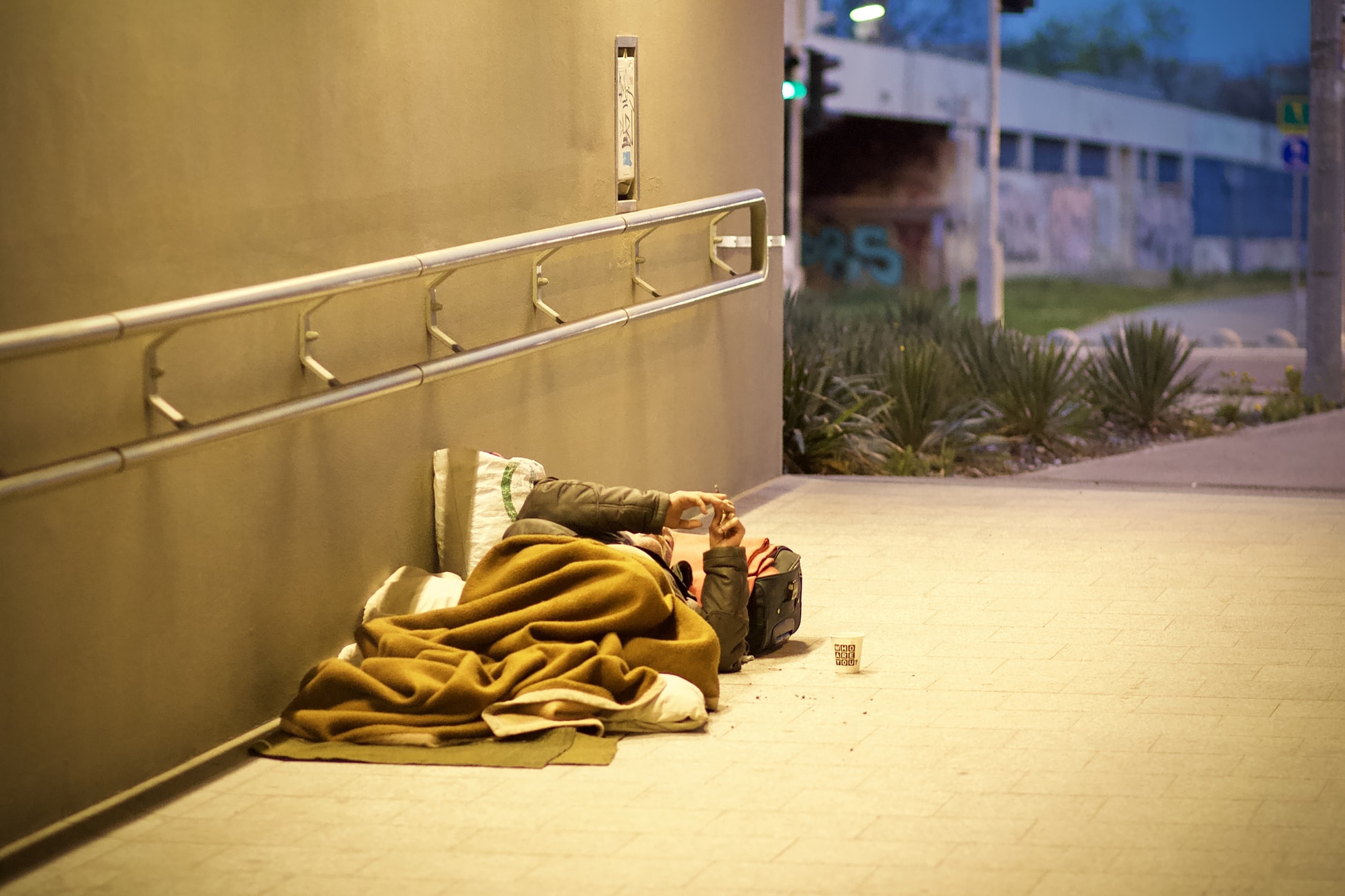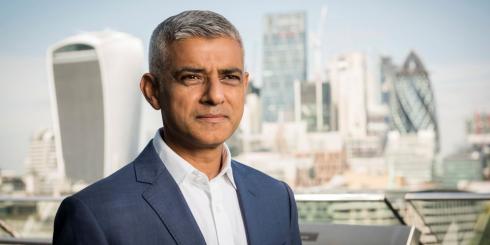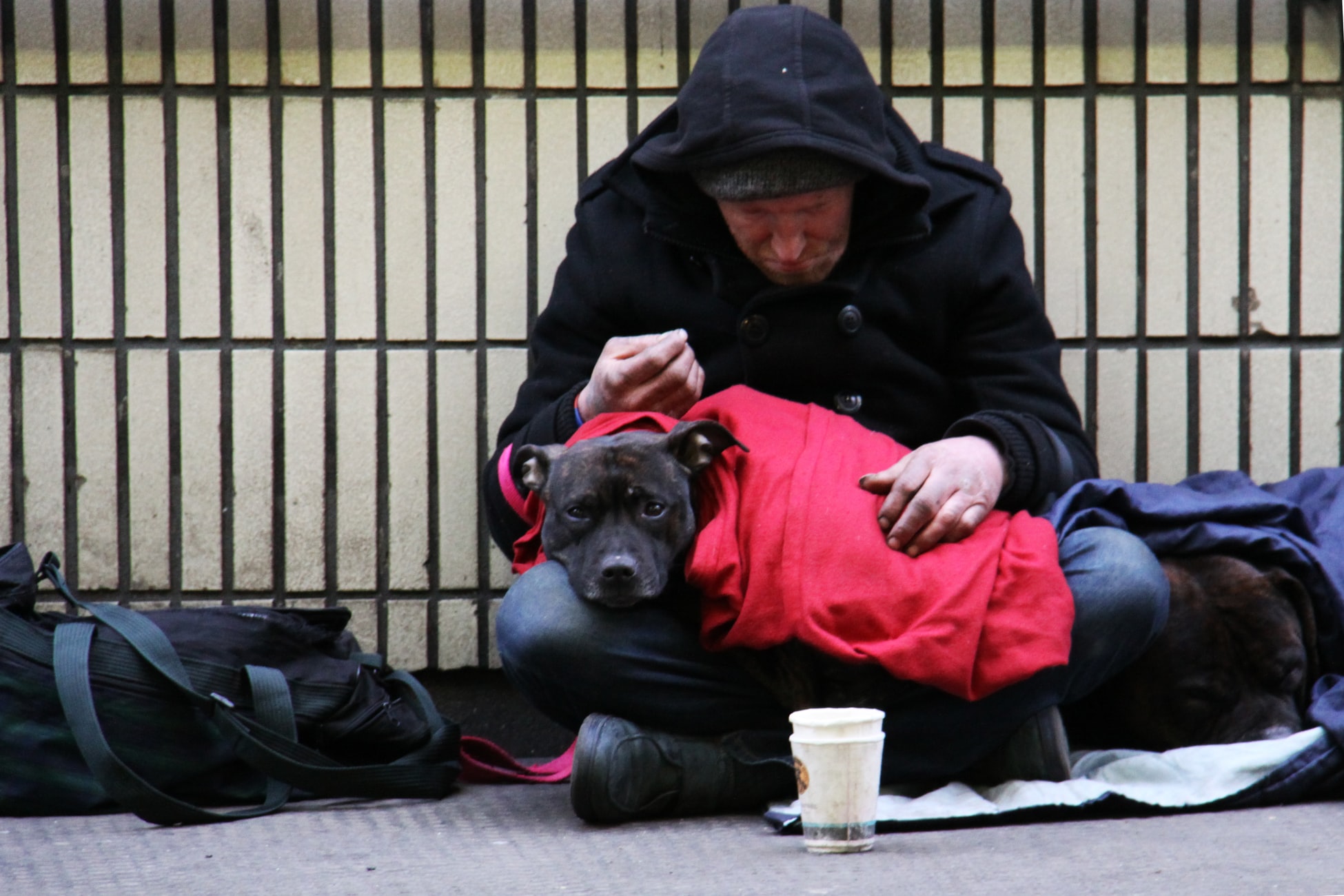
- Inspiring People -
- 5mins -
- 272 views
London’s mayor block-books 300 hotel rooms for the homeless to self-isolate
“Rough sleepers already face difficult and uncertain lives and I’m determined to do all I can to ensure they, along with all Londoners, are given the best protection possible.” — Mayor Sadiq Khan
London’s rough sleepers offered hotel beds to self isolate
The Mayor of London, Sadiq Khan, announced on Saturday 21 March that the city is booking 300 hotel rooms for rough-sleepers in order to practice safe social distancing and self-isolation amid the coronavirus pandemic. The rooms will be booked for the following 12 weeks.

Mayor will continue to work with hotel operators to see if further block-bookings are possible
Londoners sleeping rough will be given vital protection from coronavirus as the Mayor of London, Sadiq Khan, with support from the Government, secured 300 hotel rooms in which they can self-isolate over the coming weeks, it was announced on Saturday 21 March.
The Mayor’s team has worked with Intercontinental Hotels Group (IHG) to block-book the rooms in two London hotels for the following 12 weeks.
Over last Friday and the weekend, as part of a trial period, rough sleepers who are already known to the homelessness charities supported by the Mayor were moved to the rooms.
City Hall will then continue to work with a range of partners, including London’s boroughs and the Ministry of Housing, Communities and Local Government, to identify others sleeping rough and ensure everyone gets the support they need. The Mayor’s emergency response is being provided with the backing of the Government, which – with the Mayor – has provided funding to kickstart this work.
The Mayor’s team is also working with black-cab drivers, via hailing apps FreeNow and Gett, who have volunteered to help transport people between support services.
Rough sleepers are significantly more likely to have underlying health conditions – including respiratory problems – than the wider population.
They are also far less likely to be able to follow Public Health England advice, such as self-isolation, social distancing and hand-washing. Much of the existing accommodation available to rough sleepers, while vitally important, is unsuitable for self-isolation.
The rooms are being provided at a substantially discounted rate. This forms part of the Mayor’s and the Government’s wider efforts to protect rough sleepers during this difficult time – his team will continue to work with IHG and other hotel operators to see if further such block-bookings will be possible as and when they are needed.
Source: London.gov.uk

“Together, as a city, we will come through this incredibly challenging period.”— Sadiq Khan
The Mayor of London, Sadiq Khan, said: “The coronavirus outbreak affects everyone in London and we must do all we can to safeguard everyone’s health – not least those Londoners who face spending each night sleeping rough on the capital’s streets.
“Rough sleepers already face difficult and uncertain lives and I’m determined to do all I can to ensure they, along with all Londoners, are given the best protection possible.
“My heartfelt thanks go to InterContinental Hotels Group for stepping up and playing their part in helping protect rough sleepers during this difficult period.
“We are also very grateful to the black cab drivers from FreeNow and Gett who have offered to transport rough sleepers to these rooms, helping them to avoid using public transport.
“Together, as a city, we will come through this incredibly challenging period.”
Source: London.gov.uk

San Francisco rents 1000s of hotel rooms to isolate homeless people and first responders
On 19 March, the LA Tines reported that San Francisco is adding 2,500 new shelter spaces for homeless people and identifying at least 3,500 hotel rooms to house people who need to be isolated as the city battles the coronavirus spread.
Many of the hotel rooms will go to those who live in single-occupancy hotels with shared bathrooms and kitchens, Trent Rhorer, executive director of San Francisco’s Human Services Agency, told the Los Angeles Times. The rooms are for people who test positive for the virus but don’t need a hospital and don’t have a place to self-isolate.
The city will open the 2,500 “pop up” shelters to ensure social distancing and isolate homeless individuals who have tested positive but do not require hospitalisation. Rhorer said the city was in the process of securing food and staffing for those in isolation.
In addition to the 3,500 hotel rooms for isolation, the city will lease rooms for first responders.
“We don’t want healthcare workers on the front line to go home and potentially infect others,” he said.
In 2019, 8,011 homeless individuals were counted in San Francisco’s point-in-time street and shelter count. This was an increase of more than 14% over the 2017 count.
According to state models, as many as 60,000 homeless people could become infected with the coronavirus, and 20% could require hospitalisation.
That would mean California would need 12,000 hospital beds just for those living on the streets — a formidable task for a state already struggling to find extra capacity to manage the pandemic before hospitals become overwhelmed by too many patients.
“That creates a deep point of anxiety for the existing population, but moreover for our healthcare delivery system,” Gov. Gavin Newsom said Wednesday evening.
Meanwhile Bloomberg reported that the same frantic dash is happening across California and in other places, such as New York City, where homelessness has surged. The virus thrives on close contact and poor hygiene, and it hits hardest people whose health has already been compromised.
“In simple terms, they are the ones who disproportionately could die as a result of this crisis,” said Los Angeles Mayor Eric Garcetti, announcing an effort to move thousands of homeless people into 42 converted recreation centers across his city.
New York City faces similar pressures but, with roughly 79,000 homeless people, on an even larger scale.
Source: LA-Times

